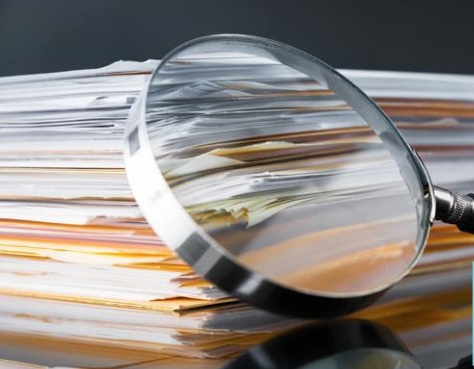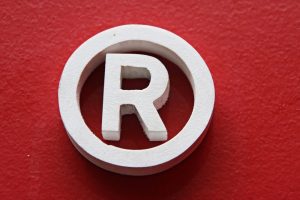Can the federal government be held liable for patent infringement?

The Federal Government Can Be Held Liable for Patent Infringement
If you have ever asked yourself, “can the U.S. government be held liable in a civil action for patent infringement?” Here is the answer – Yes. This is because the federal government has effectively waived sovereign immunity when it comes to civil claims alleging patent infringement. As a result, the federal government can be the named defendant in a civil action alleging patent infringement, in certain circumstances.
Legal Basis to File a Civil Action against the Government
The legal basis to file a civil lawsuit against the U.S. government for patent infringement is 28 U.S.C. § 1498. This federal statute states that whenever an invention is protected by a registered patent and is used or manufactured by or for the United States without license of the patent owner, then the patent owner is afforded a civil remedy by filing a civil action against the federal government in the United States Court of Federal Claims. A civil claim can demand recovery of reasonable compensatory damages associated with the government’s use and manufacture of a patent-protected product.
Court of Federal Claims Maintains Jurisdiction over Patent Infringement
If a patent owner is looking to file a patent infringement lawsuit against the federal government, it is important to understand that you cannot simply file a lawsuit in any federal court. The civil action must be filed specifically within the U.S. Court of Federal Claims. Why? Because this is a unique court established to adjudicate civil claims based upon “the Constitution, federal statutes, executive regulations, or contracts, express or implied in fact, with the United States.”
Exception for Federal Contractors
There is an important exception you need to be aware of if you are looking to file a civil action against the federal government for patent infringement. The exception is that a patent owner is prohibited from suing a federal contractor who produced the allegedly infringing product or performed the allegedly infringing method. Instead, any civil action must be filed against the federal government. Though, it is worth noting that the federal government’s contract with the allegedly infringing contractor may require the contractor to indemnify the government for liability and costs associated with the litigation.
Have Questions About Securing a Patent or Protecting Your Current Patent? Take Action by Contacting a Patent Attorney in Los Angeles Today
If you have a registered patent that you suspect is being infringed, whether by a private competitor or federal government, one of the most important things you can do is take proactive steps to assess your legal options and determine what can be done to protect your patent. Thus, it is in your best interest to retain the services of a reputable patent in attorney Los Angeles such as the lawyers at Omni Legal Group. Omni Legal Group is a premier Patent, Trademark, and Copyright law firm located in Los Angeles. For further information or to schedule a consultation please contact Omni Legal Group at 855.433.2226 or visit www.OmniLegalGroup.com to learn more.
Read More








